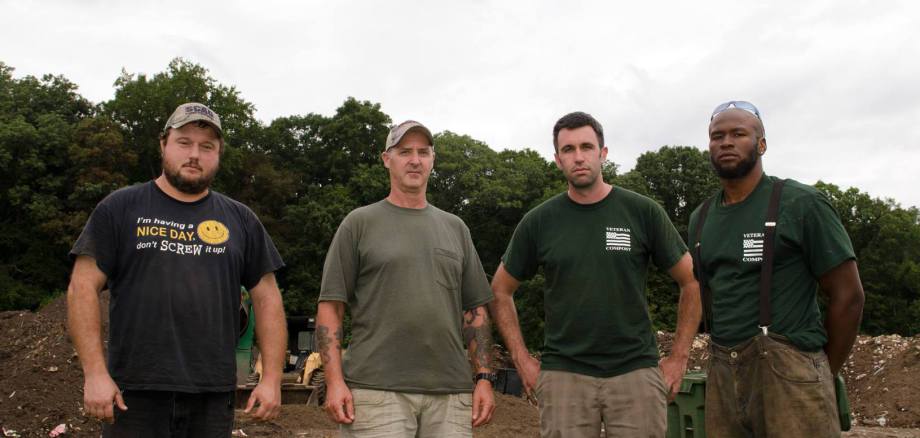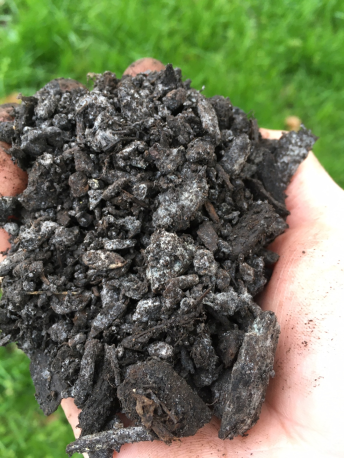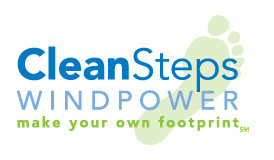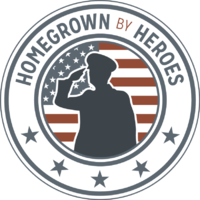
Frequently Asked Questions
Q - What are the benefits of Compost?
There are a number of benefits to compost that other materials cannot match:
- Compost can hold 2-3 times its weight in water. Its great for retaining moisture.
- Compost contains beneficial microbes that help prevent some diseases and stimulate plant growth
- Compost has both macro and micro nutrients. N-P-K is in there, along with a lot of other trace minerals.
Q - What raw materials go into your compost?
We collect food scraps from local homes, offices and businesses and mix that food waste with wood chips from local tree companies. We DO NOT use yard waste, manure, biosolids, or industrial waste in our compost production
Q - Why is food waste compost better than other types of compost?
Since our compost is made from food scraps, it contains all the macro and micronutrients needed to grow food. When compared with yard waste compost like Leafgro or mushroom compost, our stuff has higher nitrogen content and higher nutrient availability.
Our compost also has a higher ratio of nitrogen to phosphorus than Leafgro, making it more eco-friendly for the Chesapeake Bay. The nitrogen to phosphorus ratio of compost is important because nitrogen is typically the limiting nutrient for organic farmers and gardeners. By the time enough compost or manure is applied to cover crop nitrogen needs, the amount of phosphorus applied is excessive, and phosphorus levels build up in soils over time. Agricultural phosphorus runoff is a major contributor to dead zones in the Chesapeake Bay.
Q - This stuff looks like mulch, I think you sold me mulch by accident
We don't make or sell mulch, so its definitely compost. We screen our products to 1/2" but they still end up being more chunky then what you can buy at the store. Our compost is derived from the composting of wood chips and food waste, so its typical for there to be sticks and small bits of wood chips in the final product. If you look closely at those pieces you'll notice that some of them are colonized with fungus and other microbes that will help to innoculate your soil. The woody pieces also serve as a great sponge for soaking up water for your plants, provide large particle size to improve tilth, and eventually breakdown into a fine humus which helps long term soil health.
Q - Is your compost safe to use?
Our compost products are made according to certain production standards. Our compost piles exceed 140F for at least 72 hours straight to kill pathogens and weed seeds. Our regular compost undergoes a 30 day active composting process and minimum of 90 days of curing. Our vermicompost undergoes the standard compost process for at least 21 days and then spends atleast 30 days in our worm bins.
Each batch of our regular compost undergoes a seed germination test before it is released for sale. This ensures that we are only selling a high quality product that is ready for use by our customers. We periodically send out our compost for formal laboratory testing. These results are available upon request.
Q - Can I fill my raised beds with compost?
The short answer is, no, we don’t recommend filling your raised bed with compost. Our compost is much more nutrient rich than your average yard waste compost. While some customers have reported that their plants have grown well in straight compost, we know from our own in-house trials that veggies grow better in balanced blends like our Super Soil, Square Foot Garden Mix, or Topsoil. This is especially true if you plan on direct seeding salt-sensitive plants like lettuce and radishes.
Q - Why does your SFG mix cost so much more than compost or topsoil? How can I fill my raised bed on a budget?
Our Square Foot Garden mix (SFG) uses high quality materials in a recipe that is designed for optimal performance in raised beds. The peat moss provides aeration and prevents compaction, while the rice hulls improve water and nutrient retention. Our bulk square foot garden mix is $175/yd. If you divide that by 27 cubic feet per yard, that comes out to $6.50 per cubic foot. If you go to a garden center or hardware store and buy a cubic foot bag of potting mix for less than $6.50, you’re probably not getting a high quality product.
If you can afford to fill your beds entirely with SFG, then give your plants a treat and they will thrive. If you are on a budget and would like use SFG mix more sparingly, many customers have reported great results with layering their raised bed with different materials.
For shallower raised beds (<1 foot), we recommend filling the bottom half with topsoil and the top half with SFG. For deeper raised beds (>1 foot), we recommend layering with wood chips on the bottom for improved drainage, followed by SFG on top. The nutrients from the SFG will percolate into the woody layer and break it down over time, creating more soil. A final option would be to mix our compost with peat moss or coconut coir (2/3 compost to 1/3 peat or coir)
Q - Can you dump raised bed mix directly into my garden beds?
Unfortunately, we no longer offer delivery directly into raised beds. However, we will try to get the material as close to the beds as the laws of physics and safety allow.
For smaller orders of raised bed mix (less than 3 yards total), Our materials come in wheelable bins, so we try our best to dump them in the most convenient location for you. If there aren't any major obstacles or hills between your road/driveway and the garden beds, we will try to get the material next to the beds. It's easy to develop back problems in our line of work, so we avoid giving our drivers excessively strenuous labor on their routes, and we leave decisions up to their discretion at the time of delivery. Please have a backup location near the road or your driveway in mind if our driver is not able to get your order to where you want it. Tips are always appreciated, especially if our drivers put in extra time and effort for your delivery!
Q - Can you dump bulk compost or topsoil in my backyard, etc?
We are happy to deliver compost, topsoil, arbor chips, and Raised Bed Mix orders of 3 yards+ directly to your driveway or on the road via one of our dumptrucks. When placing your order please let our office staff know where the product should be dropped in your driveway. Feel free to place a tarp down on the driveway but keep in mind that when the truck dumps the load, the width of the pile will be at least 12 feet. Please do not ask the driver to leave the driveway and dump in another location. The weight of the dumptruck can crack or break water lines, gas lines, sprinkler systems and cause damage to septic systems. Soft ground is another problem for these dumptrucks. It can cause ruts and tear up grass, shrubs, or possibly even get stuck. An average tow bill for one of our dump trucks is $800-$1,000!
Q - How big is a cubic yard?
A cubic yard is 27 cubic feet or 200 gallons. Please note that we don't sell compost by the square yard, we live in a 3D world :)
Q - How can I calculate how much material I need?
We sell our products by volume (cubic foot bags and cubic yards) so in order to determine how much material you need, you would need to calculate the volume. If you know the length, width and depth of your beds in feet you can multiply those and come up with the cubic feet required. If you divide that number by 27, that will give you the cubic yards required.
Example = A raised bed that is 4ftx4ftx1ft deep would be = 4ft X 4ft X 1ft = 16 cubic feet
If you would like help, please email us at info@veterancompost.com and we calculate things for you!
Q - What is the pH of the compost?
Our compost hovers right around neutral (7) from batch to batch. That is one of the ways we track whether the material is mature or not. We have lab reports available if you want to email us.
Q - What is the Carbon to Nitrogen Ratio (C:N) of the compost?
The C:N ratio on our most recent batch of finished compost was 13:1. That is one of the ways we track whether the material is mature or not. We have lab reports available if you want to email us.
Q - What is the white stuff in the compost?
Our compost is innoculated with fungi and actinomycetes that will break down the small woody bits in the compost over time. This helps turn the material slowly into a rich humus. These microbes are interested in the woody matter within the compost, not your plants.
Q - Do you sell live worms?
Q - Is your compost "vegan"?
Q - What are Rice Hulls?





